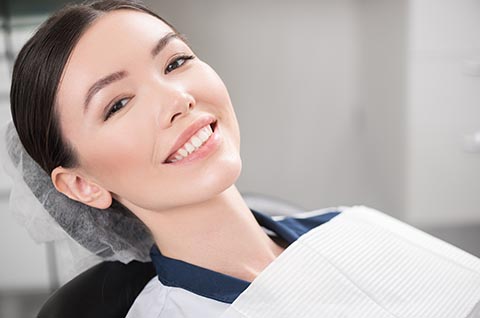
Teeth Grinding: What It Is, Why It Happens, and How to Stop It
Have you ever woken up with a sore jaw, dull headache, or sensitive teeth — and weren’t sure why? You might be grinding your teeth at night. Known as bruxism, this condition affects people of all ages and can go unnoticed for years until the damage adds up. The good news? It’s manageable, especially when caught early. This guide breaks down everything you need to know about bruxism, from symptoms and causes to treatments and prevention.
What Is Bruxism?
Bruxism is the involuntary grinding, clenching, or gnashing of teeth. It can occur while you’re awake (awake bruxism) or during sleep (sleep bruxism). In many cases, people don’t realize they’re doing it until someone points it out — or a dentist notices the wear patterns on their teeth.
Occasional clenching under stress is normal, but regular grinding over time can wear down enamel, damage dental work, strain your jaw muscles, and contribute to long-term oral health issues.
Signs You Might Be Grinding Your Teeth
Because nighttime grinding happens while you sleep, the signs can be subtle. Here’s what to look for:
- Flattened, chipped, or worn-down teeth
- Increased tooth sensitivity or discomfort when chewing
- Jaw soreness, especially in the morning
- Frequent headaches or tension in the temples
- Stiffness or clicking in the jaw joint (TMJ)
- Interrupted sleep or partner hearing grinding sounds at night
- Damage to dental restorations like fillings or crowns
Left untreated, bruxism can lead to receding gums, cracked teeth, nerve inflammation, and even loosened or lost teeth in severe cases.
What Causes Bruxism?
There isn’t one universal cause — it’s usually a combination of factors. Common triggers include:
- Stress and anxiety: Emotional tension is one of the leading contributors. Many people clench or grind as a physical response to stress, especially during sleep.
- Sleep disorders: Conditions like sleep apnea or snoring increase the likelihood of bruxism.
- Bite issues or misalignment: If the upper and lower teeth don’t align properly, it can contribute to grinding.
- Medication side effects: Certain antidepressants and psychiatric drugs have been linked to increased grinding.
- Lifestyle habits: Smoking, heavy caffeine use, alcohol consumption, and recreational drugs have also been associated with bruxism.
The Long-Term Impact of Grinding
Without treatment, chronic grinding can take a serious toll on your teeth and jaw:
- Tooth damage: Enamel erosion, cracking, and weakening of restorations (like crowns and bridges)
- Jaw disorders: Muscle soreness, TMJ dysfunction, and limited jaw movement
- Gum recession: Constant pressure and movement can contribute to gum tissue pulling away from the teeth
- Sleep disruption: Nighttime grinding can lower sleep quality and leave you feeling fatigued
How to Treat and Manage Bruxism
Treatment depends on what’s causing the grinding and how severe the symptoms are. Here are the most common approaches:
1. Custom Night Guards
A professionally fitted night guard (also called an occlusal guard) acts as a cushion between your upper and lower teeth. It helps protect enamel, reduces jaw strain, and minimizes the damage caused during sleep. Unlike over-the-counter guards, a custom one fits securely, doesn’t shift at night, and lasts much longer.<